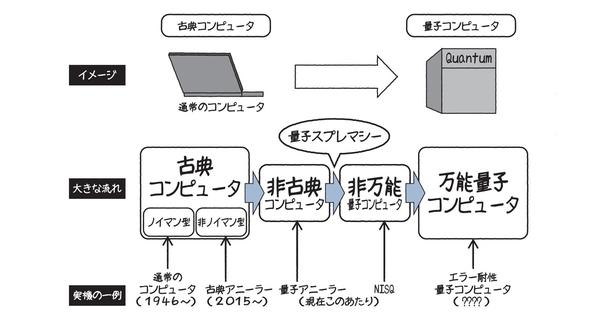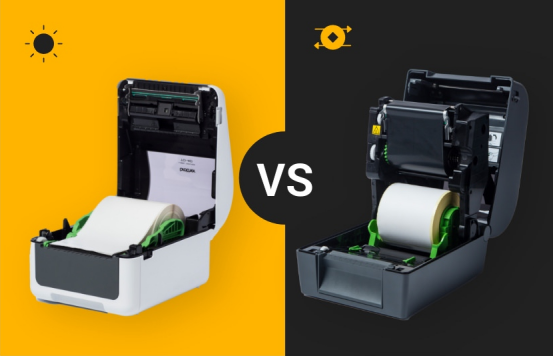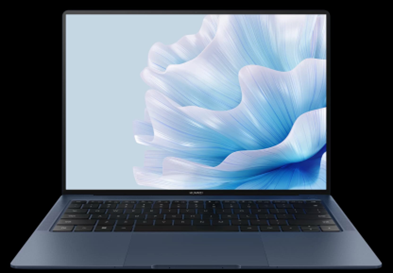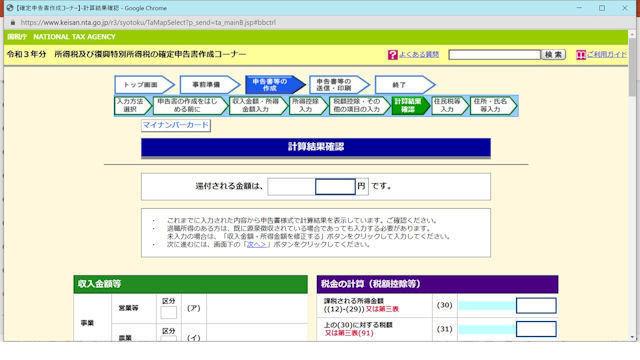What can quantum computing really do for you?
To pay tribute to George Anadiotis, a regular ZDNet contributor on big data, I'd like to veer off the beaten track and focus on future technologies. Many readers may have an impression of science fiction when they hear the term quantum computing.
Quantum computing is the power of particle physics to store data and solve problems in ways that are very different from conventional computers. This technology completely overturns the world of computation using conventional binary values. This is because quantum bits (also called qubits) can represent multiple states simultaneously, not just 0 and 1. Quantum computers have the potential to more efficiently solve some of the problems addressed in the field of high-performance computing (HPC).
By the way, have you heard that quantum computers require temperatures as low as 4 Kelvin to work? 4 Kelvin is only 4 degrees above absolute zero, which is much cooler than interstellar space.

It's easy to dismiss quantum computers as something like Star Trek's warp speed. But it wasn't until just a few months ago that SAS founder James Goodnight ran SAS analytics by talking to Alexa, much like Captain Kirk from Star Trek was talking to a computer.
Let me explain why I'm telling you this.
We were drawn to a series of events over the past month. The first was when IBM gave a conference call to analysts about a paper about how to use quantum computing to model complex molecular behavior, to be published in the scientific journal Nature. is. The method is summarized and published in a "Jupyter Notebook" (for the technically curious, this is about deriving the lowest energy state of a beryllium hydride molecule).
Also, Satya Nadella concluded her keynote speech at Microsoft's own event, "Ignite," with a panel discussion of the company's researchers, discussing purely theoretical physics ( The story likely passed from the right ear to the left ear of the main audience, business analysts and developers.) Fortunately, IBM's conference call used relatively plain language to talk about how quantum computers could be applied to common business problems, and where the technology stands today.
The realization of quantum computers, they explained, could lead to technological advances in the realm of big data analytics that would allow us to query the entire data, not just the samples. It is said that there is In the field of graph computing, it would be equivalent to being able to handle many-to-many complex relationships that would otherwise require infinitely connecting relational data models.
Quantum computing can benefit from any optimization problem involving a large number of permutations that are too complex to be solved by a classical binary computer. Because of this, it can help you with surprisingly familiar, mundane business and operational problems.
 notebook-laptop
notebook-laptop






